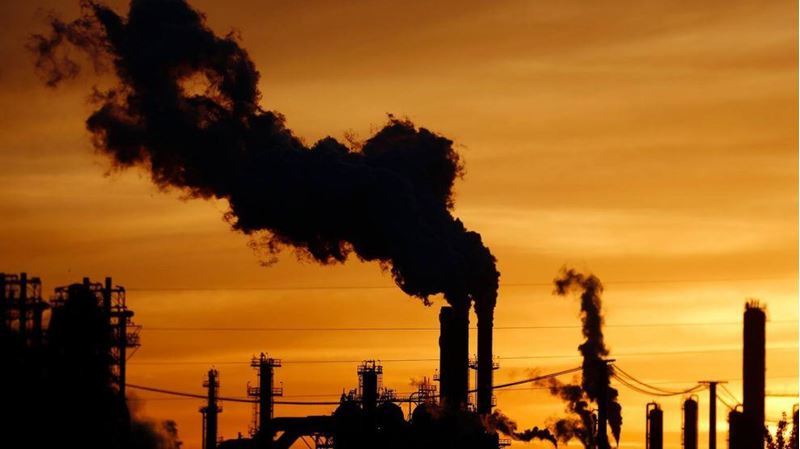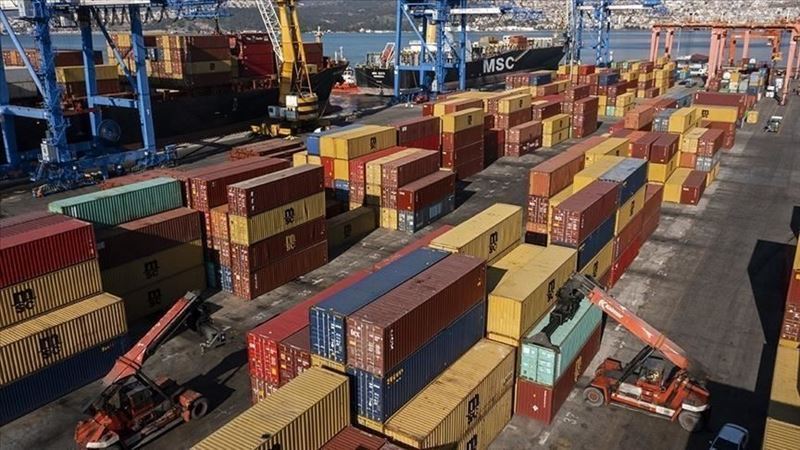McKinsey & Company’s Global Energy Perspective 2025 report reveals that the pace of the global energy transition is slowing, and emissions worldwide remain inconsistent with the targets set under the Paris Climate Agreement.
According to the three modeled scenarios in the report, global temperature rise by 2100 is projected at 1.9°C under the Sustainable Transformation scenario, 2.3°C under Continued Momentum, and 2.7°C under Slower Evolution, each 0.1°C higher than 2024 projections.
Global energy demand continues to rise
Energy demand keeps increasing, with India, ASEAN countries, and Africa expected to drive most of the growth. Under the Continued Momentum scenario, global primary energy demand is projected to rise by 10 percent by 2050, while demand in OECD countries will remain nearly flat.
The report highlights that electrification is accelerating, driven largely by data centers, industry, and buildings. Global electricity consumption is expected to double by 2050 compared to 2023 levels.
In the United States alone, electricity consumption by data centers could rise by an average of 25 percent annually through 2030, accounting for up to 14 percent of total national demand.
Fossil fuels remain dominant
Fossil fuels are expected to maintain a dominant role in the global energy system. Amid rising demand, supply chain bottlenecks, and economic uncertainty, the world is drifting further from the Paris Climate Agreement goals, making full decarbonization by 2050 unlikely.
By 2050, fossil fuels are projected to account for between 41 and 55 percent of total energy consumption. Natural gas will continue to expand as a substitute for more carbon-intensive fuels, while coal use will remain high in China, India, and Indonesia. Global oil demand is expected to peak between 103 and 109 million barrels per day by 2030, then stabilize.
Slow progress in low-carbon technologies
The report also finds that the deployment of low-carbon technologies is lagging behind targets. Among 2030 investment plans, only China has made notable progress in the electric vehicle segment, while the U.S. and EU have advanced in nuclear energy. Solar power retains potential to meet targets, but numerous wind projects have been canceled due to rising costs.
McKinsey emphasizes that the energy transition must advance not only through carbon reduction but also by ensuring energy security and economic sustainability.
“The global energy transition will not succeed unless affordable, reliable, and low-carbon energy solutions are provided together,” the report concludes.
Last year, global primary energy demand grew by about 2 percent, with roughly 65 percent of that increase coming from the Asia-Pacific region.
According to the Energy Institute, fossil fuels still hold a significant share in the world’s energy supply.
According to data from the International Energy Agency (IEA), oil’s share in global energy demand fell below 30 percent for the first time last year, while coal demand increased by 1 percent.
These figures indicate that although progress has been made in the transition, dependence on fossil fuels remains significant.











Comments
No comment yet.